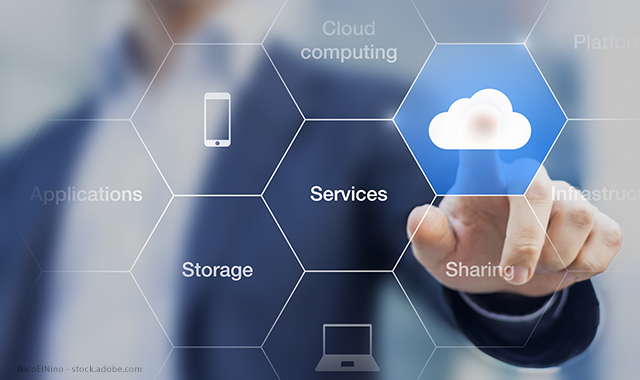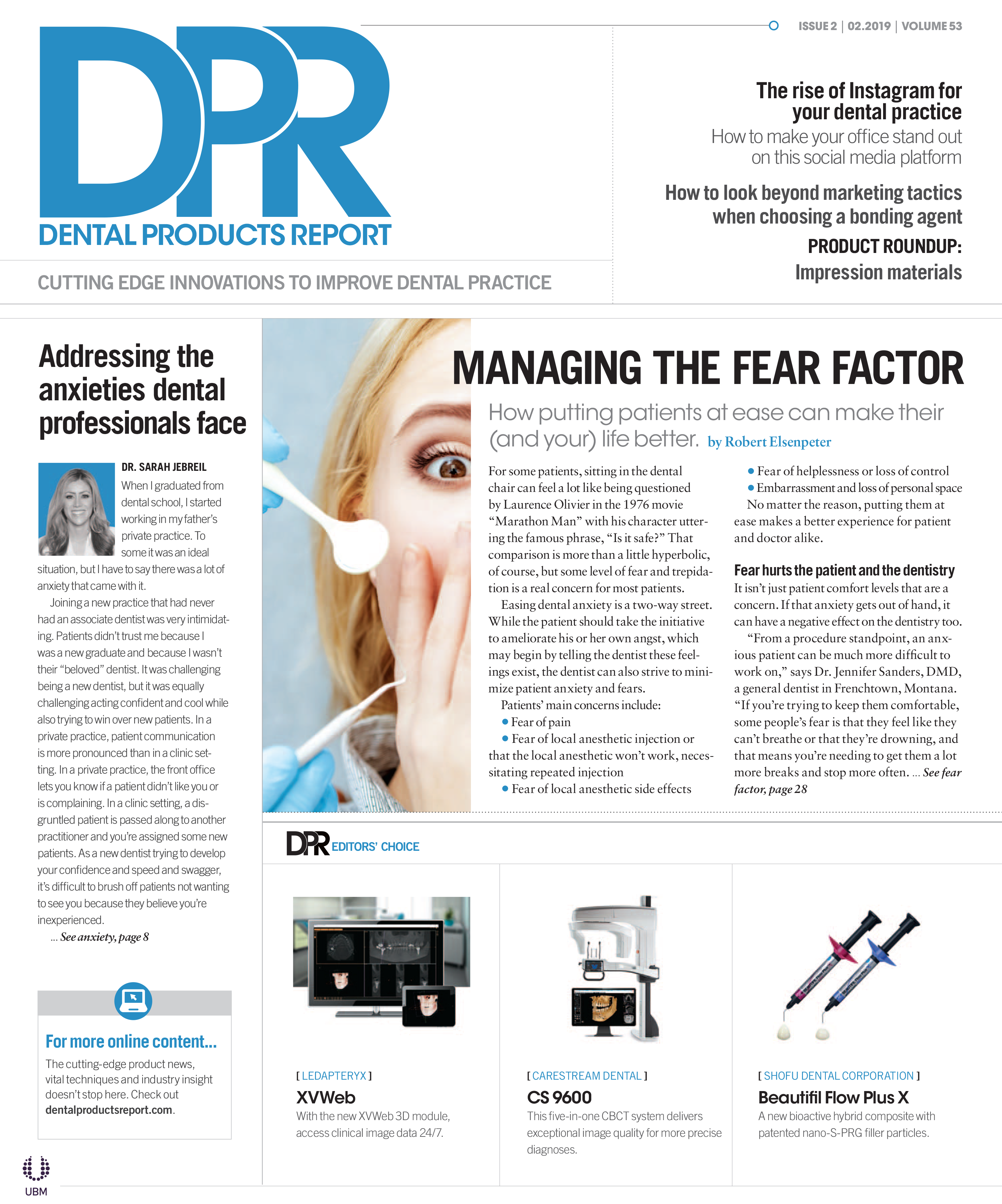Why cloud-based software is in demand for DSOs
The platform offers many benefits for practices, but one must be careful when selecting vendors.

As we move into the new year, we’ll see continued growth in DSOs and dental groups. Along with this trend I’ve noticed a definite trend in dental software development to support these organizations. It seems that in order to stay competitive in the DSO and group practice market, software companies have, for the most part, decided that cloud-based software offerings are the way to go.
Why is this area moving forward so quickly? Well, I can tell you that as a long-time dental software and IT consultant, most of my DSO and dental group clients are demanding it. The benefits of cloud-based software are indisputable and are reflected in the conversations I have with my DSO and group clients when evaluating new practice management and clinical software for their growing multi-location organizations. So why are you seeing this accelerated trend toward replacing older client server systems with “next -generation” cloud-based systems? The rationale for DSO and group clients going to the cloud include the following:
- No need to invest in and build internal IT infrastructure.
- No need for internal or contracted IT server support.
- Higher levels of HIPAA compliance with security experts at cloud data centers.
- Easily accessed single integrated databases aggregating data from all locations.
- Accessing of patient records anywhere from any device.
- Accessing of images stored in the cloud anywhere from any device.
- Monthly subscription pricing instead of large upfront license costs.
- Ability to offer “best of breed” solutions by more easily interfacing with third-party partners and applications such as patient engagement, CRM, social media, patient education, analytics, revenue cycle management, and more.
- Less sunk costs to think about if the DSO or group switches vendors later at some point.
Trending article: Setting up your practice for success in 2019
Cloud smoke and mirrors

Some vendors try to advertise themselves as cloud-based vendors when in reality they have client server systems that are hosted in a remote data center. The difference is that “true” cloud-based systems use a standard web browser that can be accessed from any device without using some kind of VPN software. Be aware that there are vendors who choose not to spend time, money and resources in order to redevelop their software for a browser interface. I’ve worked with clients over the past number of years in all three types of environments: client server hosted internally, client server hosted by a remote data center,and cloud browser-based systems. Based on these experiences, I can tell you that in most cases a “true” cloud-based software, when designed and operated efficiently, will provide maximum flexibility to support your operations.
Buyer beware
Having helped my clients obtain cloud-based systems over the years, I can tell you that although there are a tremendous number of functional and operational benefits going to the cloud, it’s critical to do your due diligence when it comes to cloud-based software contracts and agreements. Remember that with a cloud-based system, your data now resides off site, so control and ownership of your data, including how you’ll access it, is critical. Also, the operations of the system are now out of your hands. Support and uptime guarantees are critically important, in addition to a number of other items that you’ll find in cloud-based contracts.
Hopefully your vendor will provide great software and service to you for years to come. With the possibility that you and your vendor might split up in the future, you need to make sure that you have clauses in your contract that allow you to get out without penalty in the case of poor performance or support. For those of you that have existing contracts with client server vendors that are migrating their software to the cloud, make sure that you structure and negotiate a new contract that covers the new cloud model they’re offering.
More from the author: Why every opinion matters when selecting practice management software
As a DSO or growing group practice, here are a few basic questions that you should be asking potential cloud-based vendors that want your business:
- Is your system browser-based or is the client server hosted remotely?
- What third-party applications do you partner with?
- Do you host your client software or do you contract with a third-party data center?
- Is the data center HIPAA-compliant and will it execute a Business Associate Agreement?
- Do you have a customer web portal and can your patients pre-register and fill out health histories through the portal?
- Do you guarantee support response time and system uptime?
- Is your monthly subscription all-inclusive?
- Do I have control and ownership over my data in the database?
- Can I keep working if my connection goes down?
To do proper due diligence with a cloud-based vendor, there are many more areas of vetting to explore, but these will get you started.
The bottom line is that when it comes to “next-generation” software to manage DSOs, the train has left the station. Vendors that don’t already have cloud-based systems are scrambling to make cloud models available to potential customers. So, it’s important for you to know what the critical areas are when evaluating, purchasing and implementing cloud-based dental software.

Product Bites – January 19, 2024
January 19th 2024Product Bites makes sure you don't miss the next innovation for your practice. This week's Product Bites podcast features new launches from Adravision, Formlabs, Owandy Radiology, Henry Schein Orthodontics, Dental Creations, and Dental Blue Box. [5 Minutes]